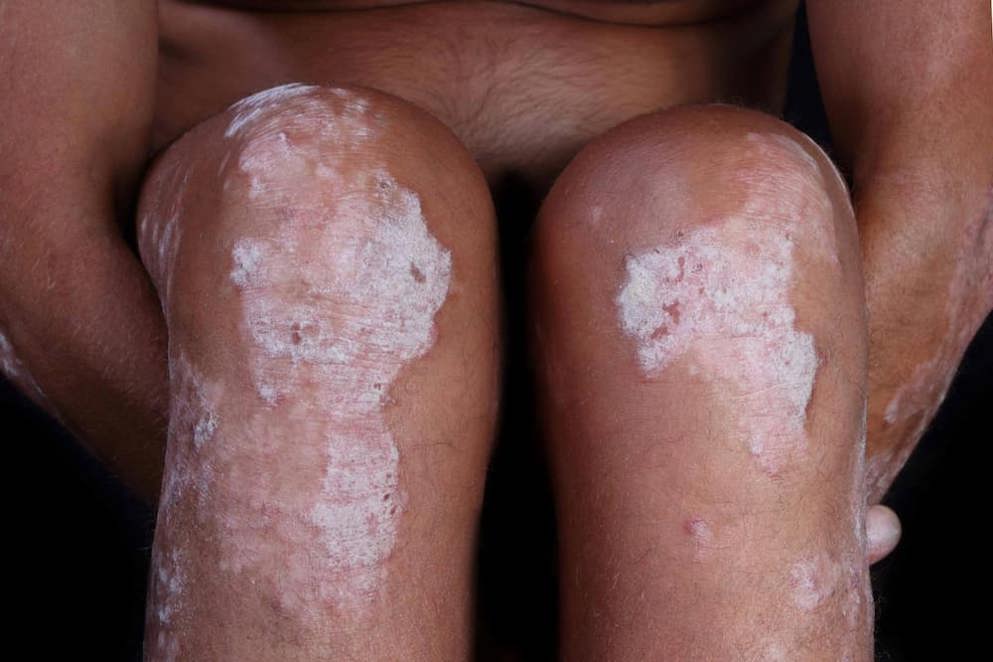Ixekizumab superior to etanercept in Phase III trials for plaque Psoriasis- Eli Lilly
Eli Lilly and Company's investigational medicine ixekizumab was statistically superior to etanercept and placebo on all skin clearance measures in Phase III studies, the company said in disclosing top-line results from its pivotal UNCOVER studies in moderate-to-severe plaque Psoriasis.
In the three UNCOVER studies , patients were assigned to receive either placebo or ixekizumab (80 mg every two or four weeks) for 12 weeks, following a 160 mg starting dose. In the two active comparator studies (UNCOVER-2 and 3), patients could be assigned to receive etanercept 50 mg twice weekly for 12 weeks. In UNCOVER-1, responders to treatment were assigned to continue treatment on either placebo or ixekizumab (80 mg every 4 or 12 weeks) for up to 60 weeks. Patients treated with both dosing regimens of ixekizumab had significantly greater levels of skin clearance compared to placebo and to etanercept at the 12-week endpoint. Skin clearance was measured by standard primary endpoints for psoriasis studies: the Psoriasis Area and Severity Index (PASI) and the Static Physician Global Assessment (sPGA). For patients treated with ixekizumab either every four weeks or every two weeks, between 78 to 90 percent of patients achieved at least a 75 percent reduction in PASI score (PASI 75) at 12 weeks. Additionally, 31 to 41 percent of these patients achieved PASI 100, or clear skin, at week 12. For comparison, between 5 to 7 percent of patients treated with etanercept in the UNCOVER-2 and 3 studies achieved PASI 100. Statistically significant improvements in skin clearance measures for patients treated with ixekizumab were observed as early as the first week when compared to either placebo or etanercept, and continued through week 12. In the UNCOVER-1 study, high levels of response were maintained through 60 weeks of treatment.
The company intends to submit ixekizumab to regulatory authorities in the first half of 2015.

